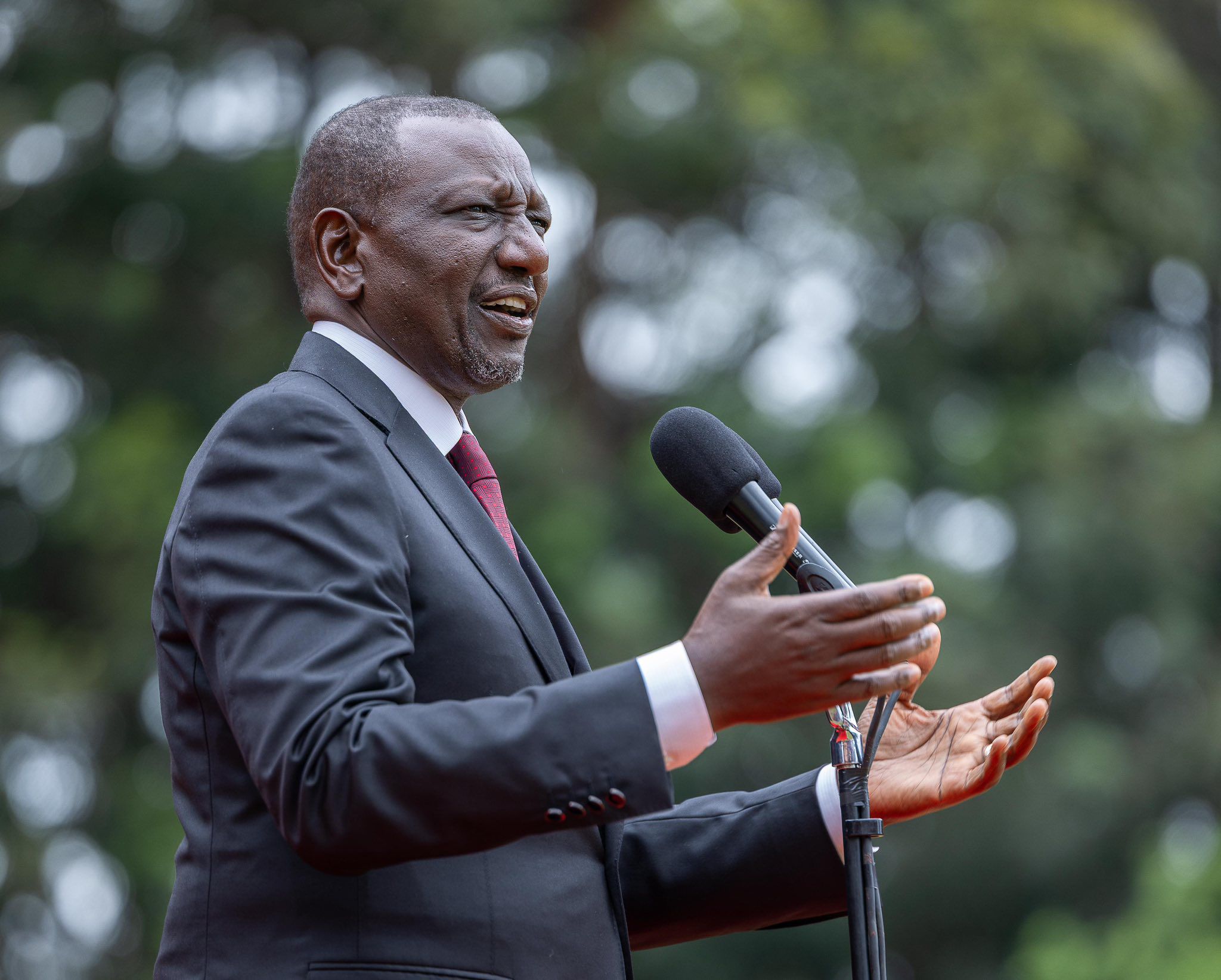Crypto Travel Guide 2025: Hotels That Accept Bitcoin and Crypto Booking
Cryptocurrency adoption is gaining momentum worldwide – from Asia to Europe and the Americas – moving far beyond trading. An ever-growing blockchain travel solutions and services now include hotels that accept Bitcoin and crypto booking. In this overview, we’ll explore how Bitcoin and other digital assets are being used in the real world, identify the top crypto-friendly countries, explain how to travel the world with crypto, and much more in this crypto travel guide 2025.
How to travel the world with crypto depends on the rapid yet uneven pace of adoption, and which locations prioritize digital nomad crypto travel? To ensure a truly crypto-friendly travel experience, one should focus on destinations that began embracing crypto some time ago. Alternatively, attention can be given to those making rapid strides, clearly signaling a priority on developing the crypto sector and attracting crypto enthusiasts. As a result, destinations accepting crypto are forming several key clusters, usually with one leading jurisdiction and possibly a few competing for your attention.
Dubai has long positioned itself as one of the leading Bitcoin travel destinations and one of the best options for where to spend Bitcoin on vacation. The VARA regulator has already issued licenses to exchanges, wallet providers, and payment gateways, which means that front desks of most five-star hotels can connect to Binance Pay, Crypto.com Pay, or Nuvei without needing separate approval from centralized banks.
The emirate is reducing tourist VAT on services paid in cryptocurrency, and hotel chains (from Palazzo Versace to Radisson Blu) publicly demonstrate BTC check-outs at industry expos. Thanks to this approach, Dubai has become a showcase of how destinations accepting crypto are turning regulatory sandbox regimes into real guest-facing services.
Singapore remains a regional hub for crypto-friendly travel due to its lenient stablecoin regulation and active promotion of the Project Orchid pilot. The Monetary Authority of Singapore (MAS) is testing “purpose-bound money” based on SGD-P and USDC-P tokens: instead of making a traditional deposit, the tourist scans a QR code, and a smart contract releases the funds upon check-out.
The pilot will take place in the Marina Bay area, where merchants can join the system without a separate payment license. The very launch of PBM wallets positions Singapore as a model for how travel using cryptocurrency can coexist with strict financial compliance.
Busan has been part of South Korea’s “Blockchain Regulatory Free Zone” program since 2019 and is currently advancing the Busan Digital Asset Exchange project.
The city government has officially stated that the Haeundae resort cluster will serve as a test site for crypto payments in retail and transport under FSC supervision. Local media describe Busan as the first major Korean resort where travel with Bitcoin is being discussed at the municipal level, not just in startup circles.
Portugal maintains its status as one of the few European jurisdictions with no capital gains tax on long-term BTC holdings. Combined with the Digital Nomad Visa, this attracts freelancers and makes Lisbon and Porto popular cities accepting cryptocurrency. The Time Out Market restaurant network, Bolt ride-hailing service, and several hotels in the Baixa district are already accepting Lightning payments alongside card transactions, providing a real-world case of crypto-friendly travel in the EU.
On the Côte d’Azur (Cannes, Nice, Monaco), the Lyzi platform, in partnership with Binance Pay, announced the integration of premium beach clubs and boutiques into on-chain acquiring systems. France’s Ministry of Digital Transformation launched a sandbox for 5-star hotels: guests receive an NFC wallet bracelet and pay for services in USDT or BTC as easily as they would with Apple Pay. The project is officially presented as the first attempt to make crypto-friendly travel part of the country’s tourism brand.
Bitcoin City in Ljubljana is a rare example where an entire commercial district officially accepts BTC alongside the euro.
In Tbilisi, “Binance Pay Georgia” promotes the Gem of the Caucasus route, and the city has installed dozens of crypto ATMs.
Lugano in Switzerland is implementing the Plan B program: taxes can be paid in BTC or USDT, and municipal services accept the LUGO token.
These three points form the “crypto triangle” of Zurich – Ljubljana – Tbilisi, to which European freelancers are relocating in search of a truly crypto-friendly experience.
Puerto Rico’s Act 60 tax regime makes the island a convenient base for crypto asset holders: many cafés in Old San Juan are already accepting stable-QR payments.
In Las Vegas, Resorts World and Circa hotels have installed Lightning POS terminals, and the “Bitcoin 2025” conference sold all tickets and merchandise exclusively in BTC, turning the Strip into a real-world testing zone for travel with Bitcoin.
The Bahamian CBDC Sand Dollar is open to foreign tourists: the app allows them to pay for taxis and tours without a bank card, showing how a government-issued token can be integrated into mass tourism.
El Salvador, following the passage of Ley Bitcoin, established BTC as legal tender: in the Surf City resort zone, “Lightning Accepted” signs have become a regular sight. The government issues tourist e-Visas with Lightning invoice payment, and local surf schools accept micropayments in satoshis, demonstrating how travel with Bitcoin works at the national level – not just through individual businesses.
In Argentina, despite macroeconomic risks, the “Rhythm of Argentina” route is sold via Binance Pay: hotels and tour operators receive USDT without converting it into pesos. Córdoba Province has announced a cashback program that returns part of the local tax when payment is made in BTC, turning the region into a living example of how an inflationary economy can stimulate destinations accepting crypto.
Let’s break down the underlying mechanisms behind how this works, and the capabilities, advantages, and drawbacks of each approach. In the PMS operating systems and booking gateways used across top crypto-friendly countries, three independent payment “rails” have become established.
The first is the classic on-chain BTC address. The guest is shown a static address; after a single blockchain confirmation, the PMS marks the invoice as paid. The strengths of this method include cryptographic transparency and a lack of external dependencies. The main drawback is delay: during peak hours, the first block confirmation can take up to ten minutes, so hotels either keep the guest waiting in the lobby or require a partial deposit.
The second rail is a Lightning invoice. The invoice is signed instantly; the deposit can be symbolic since channel revocation completely eliminates the risk of double-spending. However, the infrastructure requires the provider to continuously rebalance outbound and inbound channels, and internal auditing is more expensive than with the on-chain model: the accounting team only sees the final netted transaction, not the original hashes. Still, for a customer holding a vacation with Bitcoin wallet with an active Lightning channel, this option offers a UX closest to Apple Pay.
The third is a stablecoin check-out using USDT or USDC. The hotel locks in the price in fiat, and the guest pays in tokens; the gateway either instantly converts the asset to an equivalent fiat amount or retains it until intraday netting. The advantage is obvious—zero volatility and instant confirmation. The drawback is equally clear—the provider assumes counterparty risk from the stablecoin issuer and must maintain a ledger of whose dollars or euros it is holding.
Above all three rails lies the choice of custody model.
In the non-custodial setup, the funds physically remain with the guest until check-in, and the gateway merely issues a signature confirming the lock. In the custodial model, the payment processor receives the asset, instantly converts it to USDC or local currency, records the hash in the PMS, and transfers the proceeds to the hotel via a banking clearing file. The non-custodial model provides maximum user autonomy but comes with more complex refund rules; the custodial model offers instant reconciliation and familiar accounting logic but imposes greater regulatory burdens on the provider.
Thus, the difference between the schemes today boils down to three practical metrics:
These three factors determine which rail a hotel chooses based on its guest segment, cash flow risks, and regulatory obligations. As a result, they shape the range, convenience, and cost of the services offered – factoring in the resulting user experience, infrastructure support, overhead costs, and more.
Dubai remains the world’s showcase floor for hotel crypto acquiring. Palazzo Versace Dubai officially announced it would accept BTC and stablecoins in 2022, linking the front desk to Binance Pay, and later to Crypto.com Pay; the confirmed transaction hash is recorded in the PMS, allowing accounting teams to reconcile check-outs without intermediaries.
Following a similar model, Radisson Hotel Group deployed the Nuvei + Amadeus XPP stack into production: a corporate release (September 2024) confirms that the group’s Dubai properties support BTC/USDT check-outs, with Nuvei generating a clearing file for Amadeus without manual reconciliation.
The Soneva network in the Maldives accepts Bitcoin and Ethereum via Crypto.com Pay. They provide an option to scan a QR code, and the invoice settles within seconds, while the transaction hash is instantly recorded in Opera PMS.
Pestana CR7 Lisboa accepts BTC, USDT, and USDC via Utrust (now xMoney). The payment is recorded in the Sihot PMS after the first block confirmation. So, Lisbon remains one of the few EU capital markets where a major chain provides full on-chain checkout.
The Lyzi × Binance Pay pilot covers the Côte d’Azur. Hotel Martinez and Carlton Cannes participate in the Lightning/USDT check-out scheme. The project is currently in the rollout phase – staff onboarding and metric collection – but is officially positioned as the first EU premium hotel cluster offering blockchain payments out of the box.
InterContinental Ljubljana has accepted BTC via CoinGate since 2019, reinforcing the Slovenian capital’s reputation as a Bitcoin hub.
In Lugano, Splendide Royal and Villa Principe Leopoldo operate under the municipal Plan B initiative: guests can pay with BTC, USDT, and LUGO, and the hash of each transaction is automatically saved in the PMS for fiscal reporting.
In El Salvador, the Surf City hotel sector is gradually shifting front desks to Lightning invoices via the national Chivo wallet, with pilot payments converting BTC to USD. This is the case of how a government-level legal tender designation transitions into everyday BTC checkouts.
Large names among the cryptocurrency-friendly hotels:
Today, B2C aggregators that enable you to pay for hotels with crypto have split into two technological stacks, each approaching the challenge of crypto payments for travel bookings in its own way.
The first group consists of crypto-native platforms where blockchain serves as the sole settlement layer.
Travala is the biggest crypto-native booking platform that handles over three million inventory items; a smart contract splits the payment among the airline, hotel, and insurer at the moment of block confirmation, charging a commission of approximately 0.9%.
Bitcoin.Travel aggregates hotels, flights, car rentals, and tours. Checkout is handled exclusively through the GoCoin / BitPay stack, accepting dozens of currencies (BTC, ETH, LTC, USDT, DOGE, and more) with no fallback to card acquiring.
XcelTrip claims access to 2.3 million hotels and 450 airlines, while LockTrip (currently piloting NFT Matrix) sells room nights as NFT-wrappers, thereby eliminating intermediary channel mark-up.
The second group includes hybrid OTAs that have retained card acquiring but added blockchain gateways.
CheapAir processed a double-digit share of Lightning-based orders. Destinia follows the same model through GoCoin – bookings are accepted in BTC, ETH, and LTC, and cancellations are refunded in the same asset.
The KuCoin Pay – CryptoRefills partnership turned the exchange with 41 million users into an instant booking channel. The time from clicking “Pay” to transaction confirmation on-chain is around 20 seconds.
London-based Berkeley Travel became the first luxury boutique agency to accept Bitcoin on par with wire transfers; each transaction is quoted in BTC and recorded in a dedicated folio account.
Latin American platform Despegar is launching a smart-escrow prototype: the deposit is held in a contract until actual check-in, with signing rights shared between the traveler, the aggregator, and the inventory provider.
This could be your shot: $4.2M up for grabs in the WOW2025 Grand Prix, including a Cybertruck for the top finisher. Registration closes July 15th!
What Is Crypto-Friendly Travel?
A trip where you book flights, hotels, and on-site services entirely in digital assets – Bitcoin, other crypto, or stablecoins – without converting to fiat or seamless conversion.
Which Places Are Considered Top Crypto-Friendly Countries Or Cities?
Can I Really Book Hotels Or Flights With Crypto?
Yes. Travala, Bitcoin.Travel, XcelTrip, and LockTrip are crypto-native booking sites. Hybrid OTAs such as CheapAir and Destinia add a Bitcoin/Lightning checkout next to cards.
How Do I Locate Businesses That Accept Crypto While Travelling?
Is Travelling With Bitcoin Safe?
Security equals the strength of your wallet hygiene: keep seed phrases offline, enable 2-factor auth, and carry a small “hot” balance. Many travellers pair a hardware device with a mobile vacation with Bitcoin wallet for quick spending.
Do I Need a Special Wallet?
Pick one supporting multiple rails: on-chain BTC and Lightning, plus USDC/USDT if you plan stablecoin stay. Phoenix, Muun, BlueWallet, and Trust Wallet are common choices for digital nomad crypto travel.
Are Crypto ATMs Available in Tourist Zones?
Widely present: Dubai Mall, Singapore Changi T3, Lisbon Oriente Station, Old San Juan, and Busan Station all have BTC (and often USDT) ATMs for cash top-ups.
Why Pay For Hotels With Crypto Instead of a Card?
Can I Just Use a Crypto Debit Card?
Absolutely. Visa/Mastercard products from Binance, Bybit, Crypto.com, or Coinbase auto-convert at swipe–handy where on-chain payments are not yet live, while still letting you spend from your BTC balance.
Do I Owe Taxes on Crypto I Spend Abroad?
Depends on the location and tourist programs. In many jurisdictions, spending BTC is a disposal event subject to capital-gains rules. Stablecoin purchases can also be reportable. Keep exportable transaction records (hash + fiat value) and consult a tax professional before you travel using cryptocurrency.










